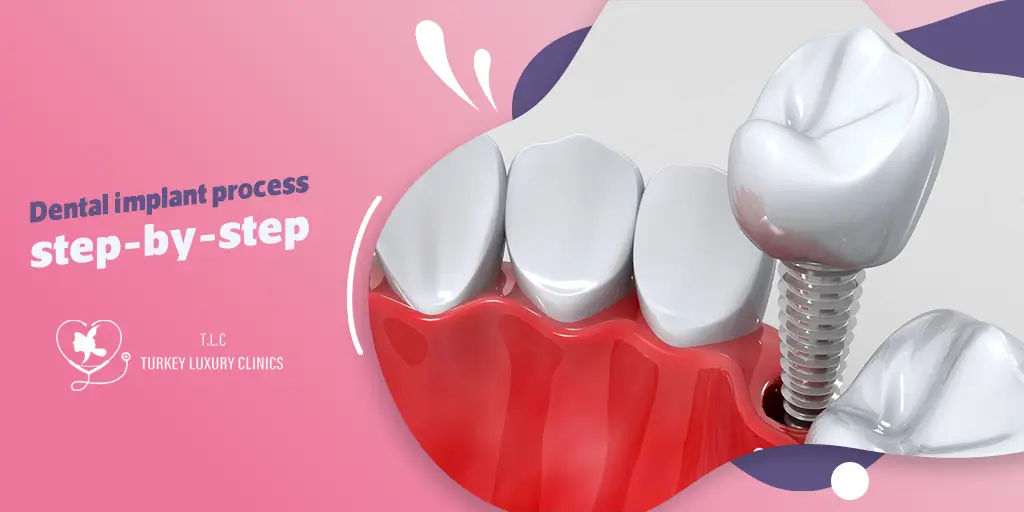- - Am I Candidate for Dental Implants?
- - General Criteria for Dental Implant Candidates
- - Age Considerations for Dental Implants
- - Impact of Medical History
- - Good Oral Hygiene
- - Lifestyle and Habits
- - Request an Appointment With Us
Am I Candidate for Dental Implants?
If you have researched dental implants, you may be wondering if you qualify for them. While there is no one-size-fits-all answer, it is likely that you are eligible. As you may already know, dental implants are surgically implanted devices that restore a person's ability to chew and improve their appearance. They provide support for artificial teeth, including crowns, bridges, or dentures. To qualify as an ideal candidate for dental implants, certain criteria must be met.
General Criteria for Dental Implant Candidates
Maintaining good oral hygiene is crucial for the success of a dental implant. As a surgical procedure, the presence of infections or gum disease can hinder the implant's placement. However, with proper care and attention, you can increase the likelihood of a successful implant. On the other hand, sufficient bone density in the jaw is necessary for the placement of a tooth implant. If there is jawbone loss, bone grafting is a reliable solution to prepare a patient for a dental implant. Additionally, it is important to note that a suitable candidate for dental procedure should have healthy gums. If you have receding gums due to advanced periodontal disease, you may not be the best candidate.
Age Considerations for Dental Implants
Knowing how age impacts the success rate of dental implants is invaluable, whether you are a young adult considering the procedure or someone in their golden years. Dental implants can benefit older individuals by improving oral hygiene, preventing bad breath, strengthening immunity, and potentially facilitating the formation of new social connections. Adults, on the other hand, should consider the potential drawbacks more than the benefits: the procedure is irreversible and requires lifelong maintenance, and it is important to note that the jawbone must be fully developed.
Impact of Medical History
During a consultation, the oral surgeon will assess your teeth, gums, and overall oral health, taking into account your medical history. For optimal results, dental implants require the patient to be in good health. If the patient has mild conditions, such as diabetes, it is important that they are well-managed. However, uncontrolled diabetes may hinder proper healing, and recent cardiac events (such as heart attacks or strokes) may require postponement of surgery.
Good Oral Hygiene
The relationship between dental implants and periodontal diseases is a complex issue in dentistry. Periodontal diseases, caused by bacteria, affect the tissues surrounding teeth and molars, potentially leading to tooth decay and loss. Although patients with periodontal diseases can receive dental implants, certain factors must be considered. It is essential to control the disease before placing the implant. This requires a proper diagnosis of gum health and cleaning treatment.
Lifestyle and Habits
While dental implants can last for many years, the creation of a healthy environment for them to thrive is crucial. Our doctors recommend that the ideal candidate for dental implants should not smoke. Smoking increases the risk of improper fusion of the tooth implant to the jawbone and Smokers may experience slower healing after dental implant procedures Excessive alcohol consumption negatively impacts the success of dental implants. Alcohol can hinder the healing process after implant surgery, increase the risk of infection, and impede the body's absorption of essential nutrients for proper oral health. To maintain dental implants, brush and floss daily, and schedule regular visits with your dentist.
Request an Appointment With Us
If you have any questions about dental implants, please contact us. Our team is happy to assist you in planning your next steps towards better oral health.











.webp)
.webp)
.webp)
.webp)

